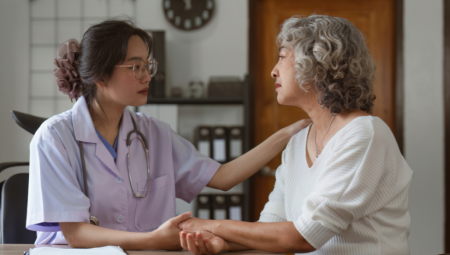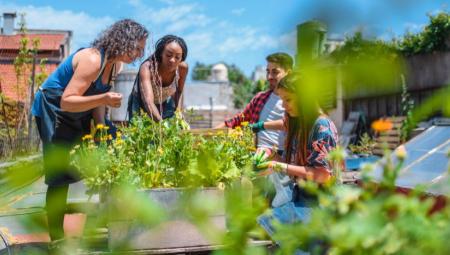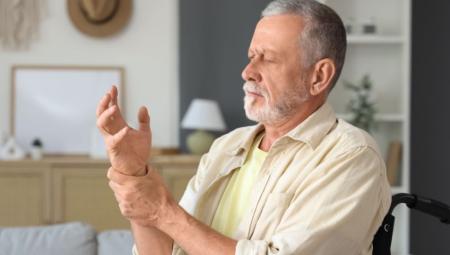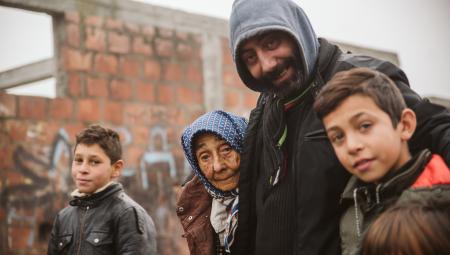Summary
As we get older, we may develop a number of health conditions that affect how we feel and our ability to manage without help. For some of us it can mean we start to become frail, with less energy, appetite and muscle strength and find it harder to do household tasks such as shopping or cooking. Few health services exist to help prevent things getting worse. Researchers have designed a new service ‘HomeHealth’ with older people, health/social care workers, voluntary sector, policy-makers and experts.
Project Aims
'HomeHealth' aims to enable older people to maintain their independence and activities they enjoy. Over six visits a support worker helps people find ways to reduce the impact of feeling tired, low in energy, low/anxious, poor appetite, memory concerns or low muscle strength.
The service has been tested with 51 older people, and it was liked, showed potential to help people stay independent and feel better, was of modest cost and merited a larger study (trial). The researchers now aim to test if HomeHealth helps older people who are becoming frail stay independent for longer and provides value for money if offered as part of standard NHS care.
Project Activities
- Hertfordshire site has finished study visits (1 year follow-ups) with 80% retention
- Hertfordshire site is in progress extracting participant’s medical notes (currently 86% complete of those who consented)
- Homehealth as a whole is expecting to complete all data collection (study visits and medical notes) by the end of July 2023.
Who is involved?
East and North Hertfordshire, is one of the three study sites in the trial and Prof Claire Goodman ARC theme lead for Ageing and Multi-morbidty is the PI for this site. The study is led by Prof. Kate Walters, University College London, with research teams also based at University of Leeds/Bradford Teaching Hospitals NHS Foundation Trust.
Participants will be older people who are finding everyday tasks more difficult, for example getting out and about on their own, shopping, preparing meals or managing budgets. Participants will be allocated randomly to one of two groups. One group will receive HomeHealth plus any existing support, the other group will continue to get existing support only. The researchers will follow up participants for a year, to see if they are able to look after themselves without further help, measure their health and wellbeing and what services they use. They will then compare the two groups to see if HomeHealth helps people stay independent and well, and if the benefits outweigh its costs.
Contact us
Claire Goodman, University of Hertfordshire
Funder: National Institute for Health Research Health Technology Assessment (UK)





